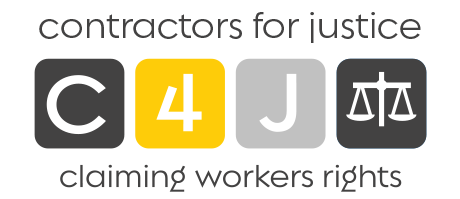WORKERS
A person is generally classed as a ‘worker’ if:
- they have a contract or other arrangement to do work or services personally for a reward (your contract doesn’t have to be written)
- their reward is for money or a benefit in kind, for example the promise of a contract or future work
- they only have a limited right to send someone else to do the work (subcontract)
- they have to turn up for work even if they don’t want to
- their employer has to have work for them to do as long as the contract or arrangement lasts
- they aren’t doing the work as part of their own limited company in an arrangement where the ‘employer’ is actually a customer or client
Employment rights
Workers are entitled to certain employment rights, including:
- getting the National Minimum wage
- protection against unlawful deductions from wages
- the statutory minimum level of paid holiday
- the statutory minimum length of rest breaks
- to not work more than 48 hours on average per week or to opt out of this right if they choose
- protection against unlawful discrimination
- protection for ‘whistleblowing’ – reporting wrongdoing in the workplace
- to not be treated less favourably if they work part-time
They may also be entitled to:
- Statutory Sick Pay
- Statutory Maternity Pay
- Statutory Paternity Pay
- Statutory Adoption Pay
- Shared Parental Pay
Agency workers have specific rights from the first day at work.

